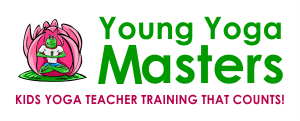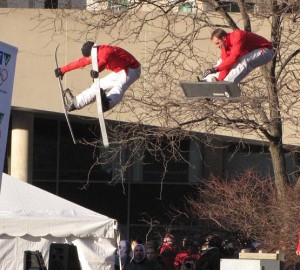"I Don't Want to Play If I Get Out!" When I announced the game at the end of a kids yoga class … [Read more...] about How the Olympics and Yoga Can Inspire Children to Believe
fairness
Kids Yoga for Disabilities
First off, take a look at this fun video of two Canadians, Rick Mercer (comedian/host) and Rick … [Read more...] about Kids Yoga for Disabilities
Character Development: Fairness
( In my city, Toronto (Canada), school teachers guide kids on themes of Character Development. I … [Read more...] about Character Development: Fairness
A Tangled Mess: Yoga Octopus – Yoga for Children
Yoga Tag for Children - You're Out (Gasp!) Letting Tweens Teach Yoga Class to the Other … [Read more...] about A Tangled Mess: Yoga Octopus – Yoga for Children



